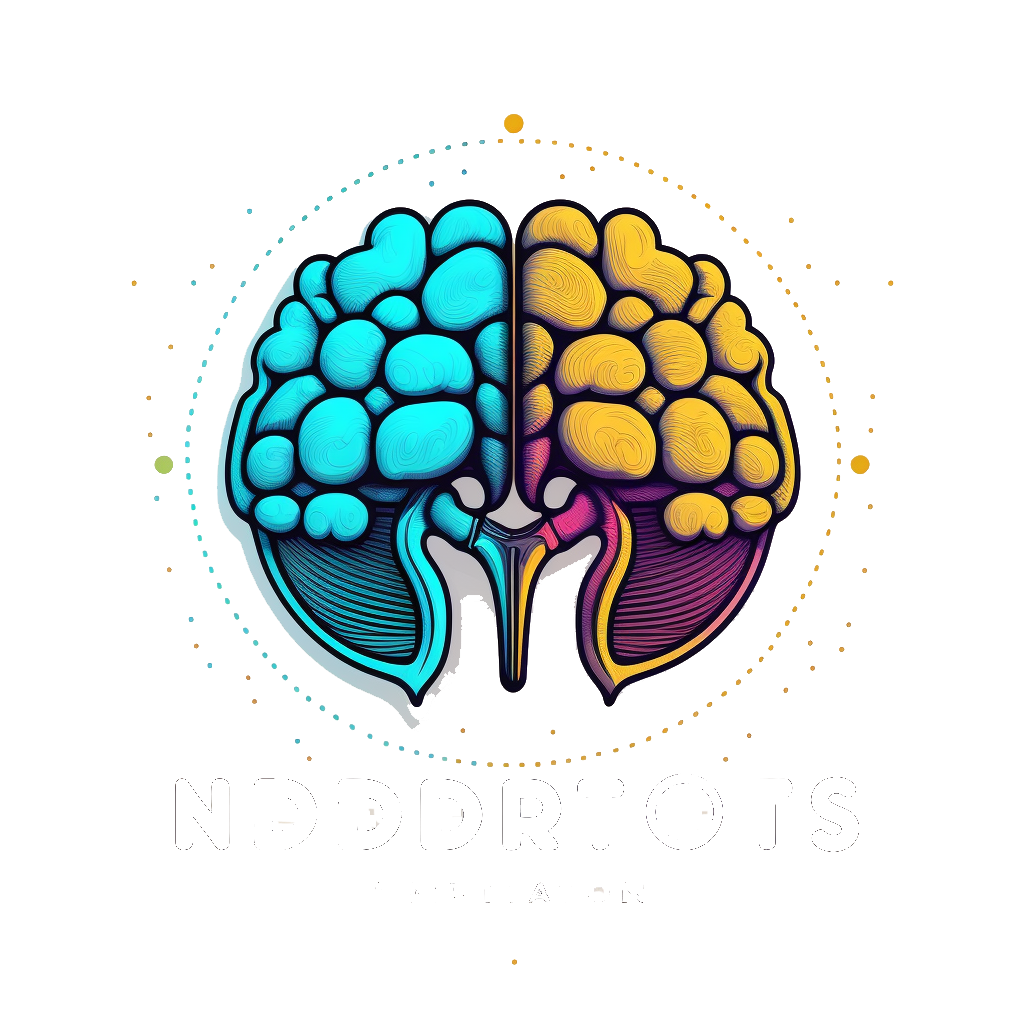Ginseng is a popular herbal remedy that has been used for centuries in traditional Chinese medicine. It is derived from the roots of the Panax ginseng or Panax quinquefolius plants and is known for its adaptogenic properties. Ginseng is also recognized for its potential cognitive-enhancing effects, making it a sought-after nootropic. In this article, we will explore the benefits of Ginseng as a nootropic, its recommended dosage, history, and other relevant information.
Ginseng contains a variety of active compounds called ginsenosides, which are believed to be responsible for its medicinal properties. These ginsenosides have antioxidant and anti-inflammatory effects and are thought to modulate neurotransmitter activity and improve brain function.
Cognitive Enhancement
Ginseng is often praised for its potential to enhance cognitive function. It may improve memory, attention, and overall mental performance. Ginsenosides in Ginseng extract have been found to affect neurotransmitters, including acetylcholine, which is crucial for learning and memory processes. By modulating neurotransmitter activity and promoting neuroplasticity, Ginseng may support cognitive processes and enhance cognitive abilities.
Mental Fatigue Reduction
Ginseng has been reported to reduce mental fatigue and enhance mental stamina. It may help improve focus, alertness, and concentration, especially during prolonged periods of cognitive activity. Ginseng’s adaptogenic properties may also help the body adapt to stress and support overall mental well-being, leading to improved cognitive performance.
Mood Enhancement and Stress Reduction
Ginseng is believed to have mood-enhancing effects and may help reduce symptoms of stress and anxiety. It can influence the production and activity of neurotransmitters such as serotonin and dopamine, which play important roles in regulating mood and emotions. By promoting a sense of calm and relaxation, Ginseng may help individuals feel more balanced, focused, and positive.
Recommended Dosage of Ginseng
The optimal dosage of Ginseng can vary depending on factors such as age, health condition, and individual response. Different forms of Ginseng, such as raw root, powdered extract, or standardized capsules, may have varying potency and recommended dosages. It is advisable to follow the instructions provided by the manufacturer or consult with a healthcare professional for personalized dosage recommendations.
For standardized Ginseng extract, a common dosage range is between 200-400 mg per day, taken in divided doses. It’s important to note that Ginseng is often used in cycles, with periods of regular use followed by short breaks to prevent tolerance or diminishing effects.
History and Research of Ginseng
Ginseng has a long history of use in traditional medicine, particularly in Asia, where it has been valued for its medicinal properties for thousands of years. Its use spread to other parts of the world, and it has become one of the most widely studied herbal remedies.
Numerous studies have investigated the potential cognitive benefits of Ginseng, particularly in relation to memory enhancement, mental performance, and mood regulation. While some studies have shown positive results, more research is needed to establish the efficacy of Ginseng as a nootropic.
Safety and Side Effects
Ginseng is generally considered safe for most individuals when used as directed. However, some people may experience mild side effects, including gastrointestinal upset, headaches, or sleep disturbances. Ginseng may also interact with certain medications, such as blood thinners or medications for diabetes or high blood pressure.
It’s important to note that Ginseng may have stimulating effects and could interfere with sleep or exacerbate anxiety in some individuals. It is advisable to start with a lower dosage and observe your response.
